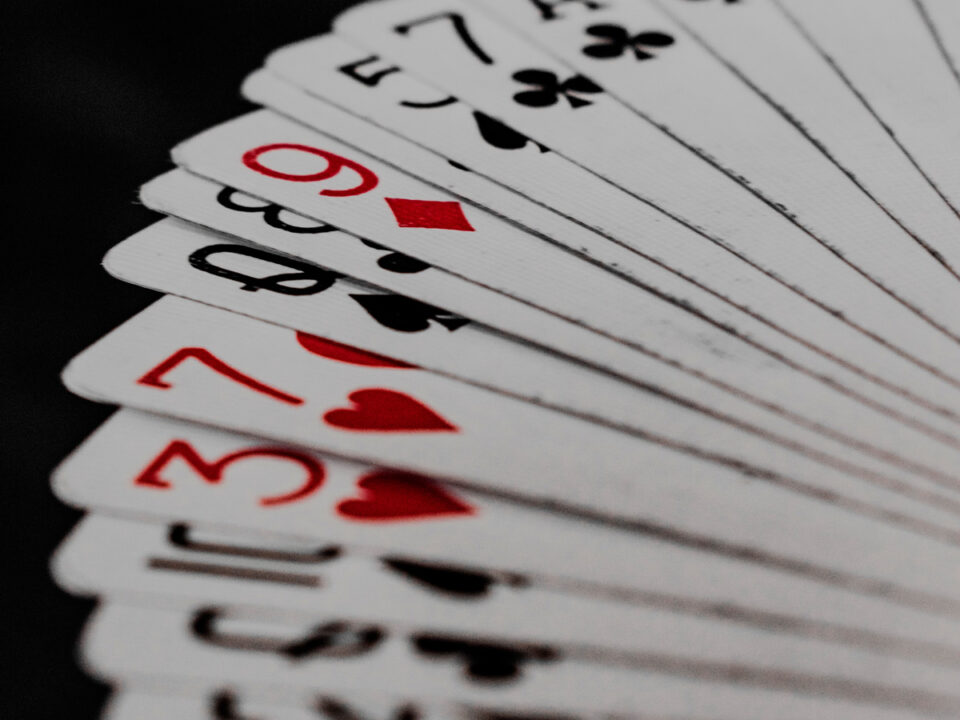Commonly Asked Questions About Poker, Answered
Poker is one of the most well-known skill and chance games in any casino. Plenty of people have claimed unimaginable wealth, and part of their success came from knowing the ins and outs of poker terminology. Poker is just like any other game in that it has its own rules, glossary, and slang. This article exists to clarify some of the game’s more common terms so that you can better enjoy the experience.
What Does a Check Mean in Poker?
To check or pass is to abstain from betting when you need to do something in the turn. Should another player bet out before you can act, your options are to call, raise, or fold. You can check if you are the first to act or if everyone before you has checked; you cannot check and then bet. Lastly, you cannot check before the flop unless you are in the big blind and no one has raised before you can act. In games of Texas or Omaha Hold ‘Em, you can only call the big blind, raise, or fold. Tapping the felt is the official sign of a check.
What Does Call Mean in Poker?
This is when you call a bet, matching the last amount someone put in to bet or raise. If no player calls, the hand ends and the uncalled player wins it. If the hand makes it to the final betting round, known as the “river,” Player A bets and Player B calls, the two players have a showdown over the best hand. There is no hand gesture for calling; simply say “call” and toss in your chips.
What is a 3 Bet in Poker?
This is a universal term across all variants of poker and references the third bet within a round. This bet is often a staggering re-raise over the initial bet and the ensuing call or raise. A Three-Bet is a potent tool that indicates a commanding hand or a hand with enough power to force others out of the pot. This bet can also bolster the pot or be used on defense to secure a strong hand. While most players will Three-Bet when they are confident of a win, others will use it as a feint to spook everyone else from taking the pot.
How Many Poker Chips Do You Start With?
The number of chips that each player begins a game with is dependent on factors like the number of players involved, how a given tournament is structured, and betting limits on the table. That said, a typical game begins with a buy-in equivalent to 100 big blinds; if you were going into a $1/$2 blinds match, each player would have $200 in chips. Tournaments tend to have static starting amounts, with 10,000 being a common beginning so each player can safely navigate rising blinds while staying competitive. For example, Texas Hold’Em is among the most popular formats and the starting chip pool for that game depends on whether you are participating in a tournament or cash game; a cash game with $1/$2 blinds would call for a chip stack of $200 but a tournament would have a preset chip total that will likely rise at each stage along the bracket.
What is Limping in Poker?
This is a passive strategy that involves calling the big blind before the flop instead of raising or folding. While considered a weak approach to playing the game, limping can also help you trap other players or allow you to encourage an inexpensive flop.
Summary
Now that you have brushed up your knowledge on all things poker, put your skills to the test at Stones Gambling Hall, the premier poker room and Gambling Hall in Sacramento.




